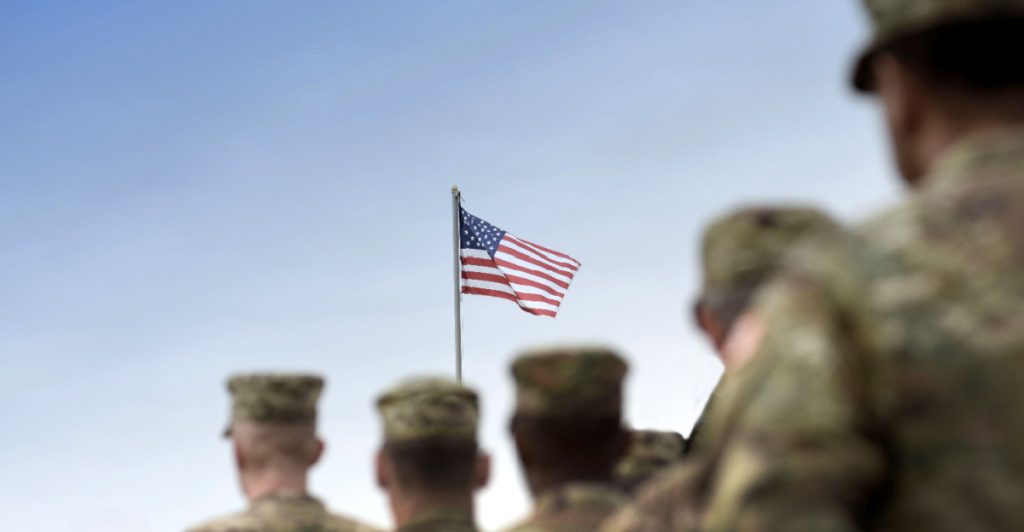Crime Emergency or Power Play? The Legal Battle Over Guard Deployments
Others are reading now
Crime Emergency or Power Play? The Legal Battle Over Guard Deployments
When Domestic Politics Sends Soldiers to the Capital
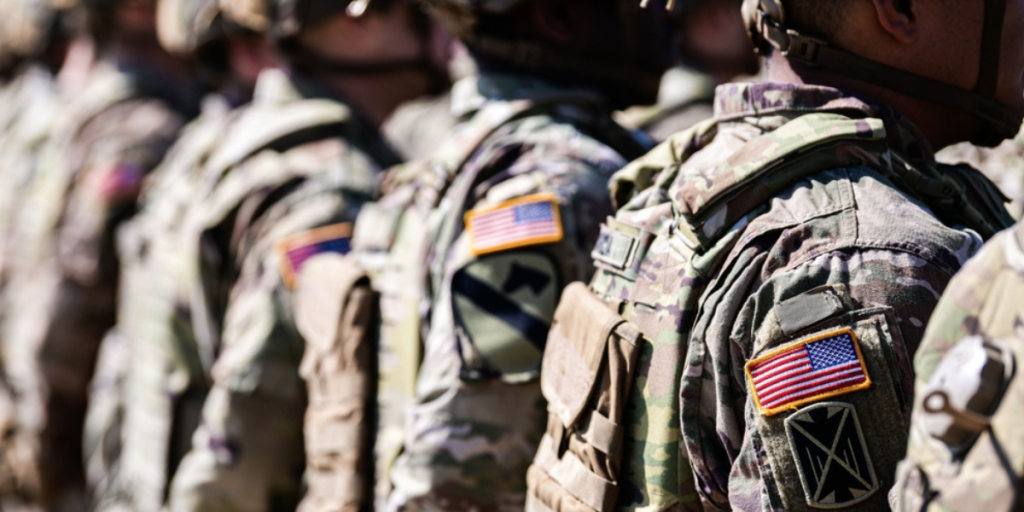
In the United States, the National Guard usually shows up after hurricanes, floods or other emergencies. Seeing Guard troops patrolling the streets of Washington, D.C. for months at a time is something very different. It blurs the line between civilian policing and military presence, and raises questions about who gets to decide when soldiers are used in domestic political battles.
A recent court ruling over West Virginia troops deployed to the capital shows how legal authority, state power and presidential requests can combine in ways that worry civil rights groups and watchdogs.
Judge Backs West Virginia’s Deployment to Washington
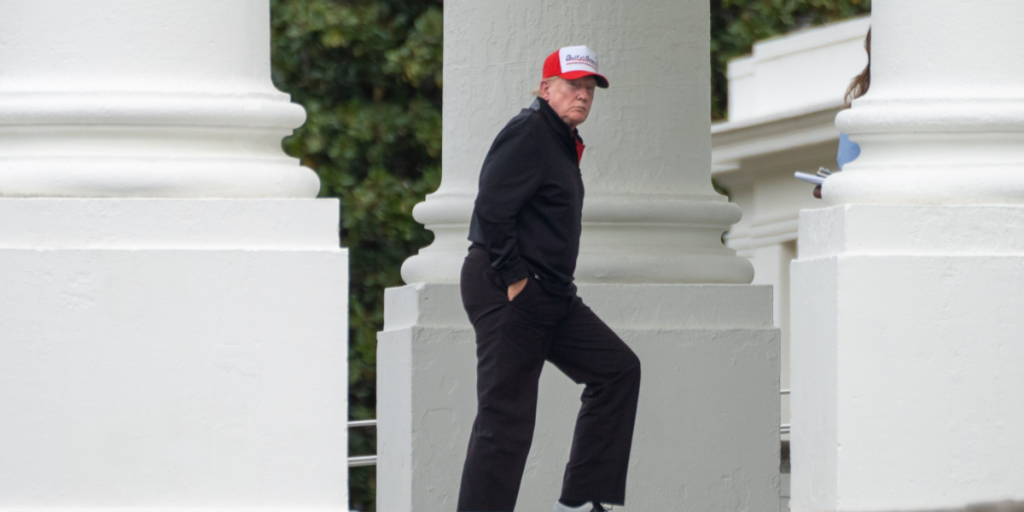
According to Military Times, a West Virginia judge has allowed more than 300 National Guard members from the state to remain deployed in Washington, D.C. The case centered on whether the governor had the legal authority to send them as part of President Donald Trump’s push to bring military forces into Democratic-run cities.
Kanawha County Circuit Judge Richard D. Lindsay concluded that state law permits the deployment and that federal law allows the president to make such a request. State officials welcomed the ruling, saying it confirmed that the governor acted lawfully in approving the mission.
Also read
Civic Groups and Civil Liberties Concerns
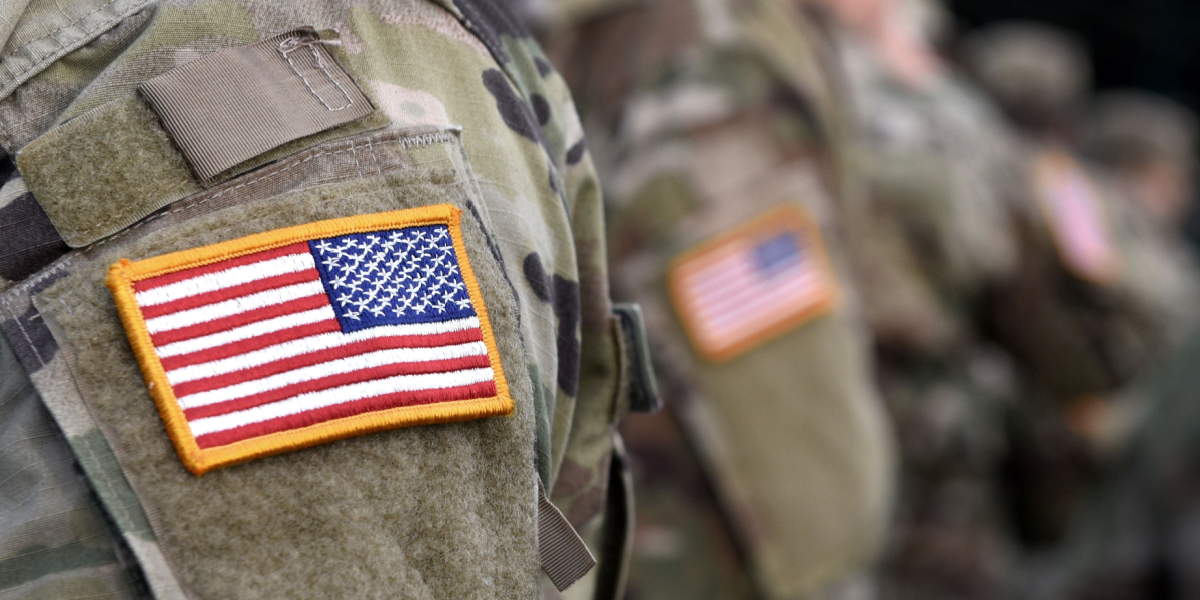
Military Times reports that the lawsuit was brought by the West Virginia Citizen Action Group, which argued that the governor can only send the Guard out of state for defined purposes like disaster response or another state’s emergency request.
The organization claimed it was harmed by having to divert its efforts toward challenging the deployment.
Lawyers from the state attorney general’s office countered that the group had not suffered real damage and lacked standing to sue.
An attorney from the ACLU’s West Virginia chapter said she believed the ruling was wrong and warned that it effectively lets state officials bypass their own laws simply because the president asked, something she argued is not how the legal system is supposed to work.
Crime Emergency, National Guard Presence and Wider Challenges
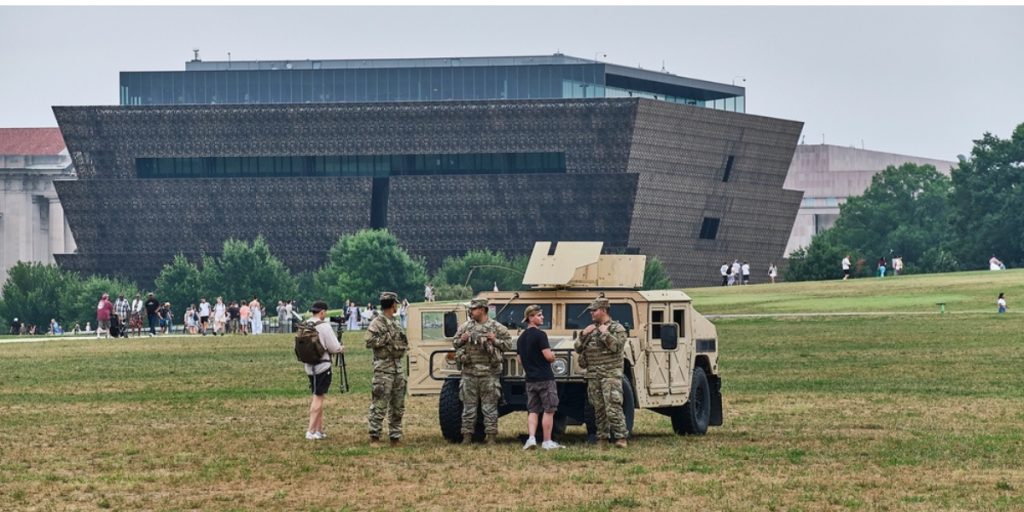
According to Military Times, the deployment followed an August executive order in which Trump declared a crime emergency in Washington, D.C., despite Justice Department data showing violent crime there at a 30-year low.
Also read
Within weeks, more than 2,300 Guard troops from eight states and the District of Columbia were patrolling under the Army secretary’s command, alongside hundreds of federal agents. ‘
West Virginia’s Guard has said its mission could last through November and might be extended further. In a separate case, a federal judge in Washington is weighing a request from the city’s attorney general to remove Guard members from the streets, but has not yet issued a ruling.
What We’ve Learned
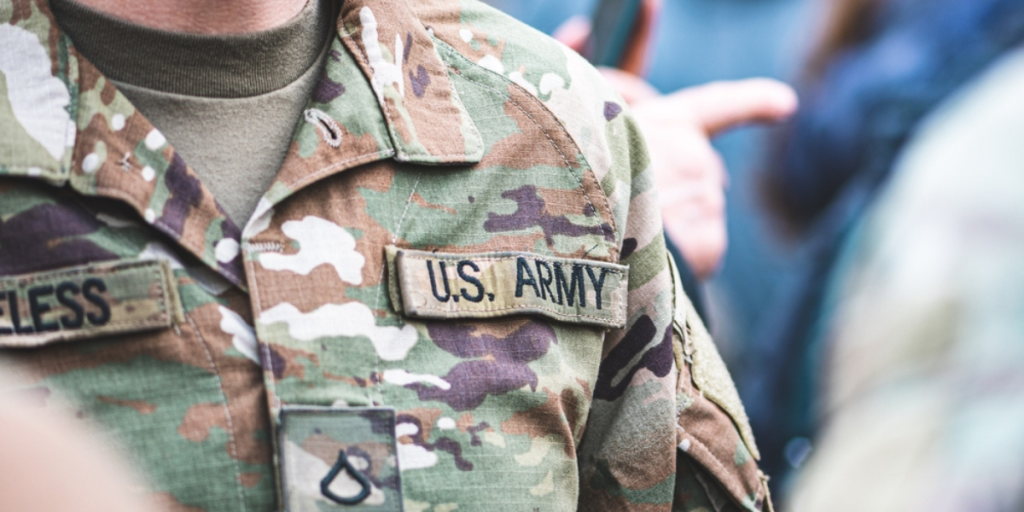
Taken together, this episode shows how a president’s decision to declare an emergency can ripple outward through state governments and courts.
A single request from Washington led to months of National Guard presence in the capital, backed by a state judge who found both federal and state law flexible enough to allow it.
At the same time, civic groups and civil liberties advocates see the same situation as a warning sign, arguing that domestic deployments should be tightly limited and clearly justified. The legal questions are still being tested in multiple courts, and the political tensions around the use of troops on U.S. streets are far from resolved.
Also read
Soldiers, Streets and the Future of Domestic Power
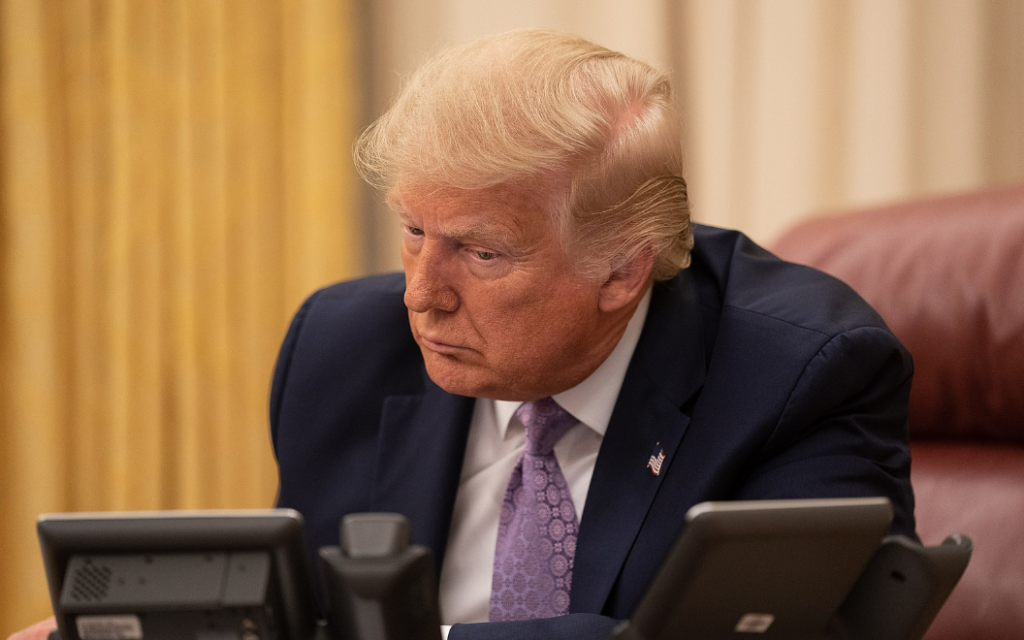
The West Virginia case is not just a local dispute; it’s part of a broader debate about how easily military tools can be pulled into domestic politics..
When Guard units are sent to patrol a city that is not facing a natural disaster or a clear breakdown of order, it raises uncomfortable questions about precedent and power.
If such deployments become normal, future presidents and governors may be tempted to treat troops as a routine answer to political problems. How the courts, lawmakers and the public respond will help decide whether this moment becomes an exception—or the new rule.

